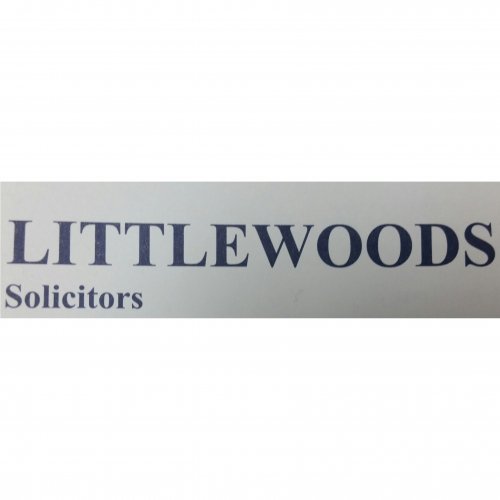Best Arrests & Searches Lawyers in Kowloon
Share your needs with us, get contacted by law firms.
Free. Takes 2 min.
List of the best lawyers in Kowloon, Hong Kong
About Arrests & Searches Law in Kowloon, Hong Kong
The laws surrounding arrests and searches in Kowloon, Hong Kong, are primarily governed by the Police Force Ordinance. The police have the power to stop and search any person, vehicle, or vessel and arrest any person if they reasonably suspect him or her to be guilty of a criminal offense. However, these powers must be exercised in a lawful, proportionate and non-discriminatory manner.
Why You May Need a Lawyer
If you or a loved one is arrested or your property is searched by the police, you may need a lawyer to ensure that your rights are not violated. A lawyer can provide guidance through the legal complexities, help understand the charges against you, advise you on your rights during an arrest or a search, and represent you in court if necessary. Lawyers are particularly valuable if you’re foreign and unfamiliar with Hong Kong's legal system.
Local Laws Overview
The law in Hong Kong allows the police to arrest anyone they reasonably suspect to be involved in a criminal offense, even if they do not have any warrant. Nevertheless, it is incumbent on the police to explain the reason for your arrest. After arrest, you have the right to contact a relative or a lawyer, and you're entitled to be brought before a magistrate within 48 hours.
Regarding searches, police officers can stop, detain, and search any person, vehicle, or vessel when they have reasonable cause to suspect involvement in a crime. However, any officer conducting a search must identify themselves and the search should be done in the least invasive manner possible, respecting your rights to privacy.
Frequently Asked Questions
1. Can the police enter my home without a warrant in Kowloon, Hong Kong?
Yes, but only under very specific situations such as chasing a suspected felon who has entered your home or if they believe that evidence related to a crime is about to be destroyed.
2. Do I have the right to remain silent when stopped by the police in Kowloon, Hong Kong?
Yes, you have the right to remain silent when stopped by the police officer. You are only obligated to provide your name, address, and identification when asked for, nothing more.
3. Can the police search me on the street without any reason?
No, the police are bound by the law to have reasonable grounds to suspect you are involved in a crime before they can stop and search you.
4. What should I do if I feel my rights were violated during an arrest or search?
If you believe your rights have been violated during an arrest or search in Kowloon, Hong Kong, you should consult a lawyer and consider filing a complaint with the Complaints Against Police Office (CAPO).
5. Can I resist an arrest or a search?
Resisting an arrest or a search can lead to additional charges. The best course of action is to comply while stressing your rights, and then consult a lawyer as soon as possible.
Additional Resources
The Hong Kong Judiciary's website offers a wealth of information about court procedures and your rights in Hong Kong. The Hong Kong Bar Association can also be a helpful source of information and support.
Next Steps
If you need legal assistance related to an arrest or a search in Kowloon, Hong Kong, contact a local lawyer as soon as possible. A lawyer will be able to guide you through the complex legal process, ensure your rights are upheld and provide representation if necessary.
Lawzana helps you find the best lawyers and law firms in Kowloon through a curated and pre-screened list of qualified legal professionals. Our platform offers rankings and detailed profiles of attorneys and law firms, allowing you to compare based on practice areas, including Arrests & Searches, experience, and client feedback.
Each profile includes a description of the firm's areas of practice, client reviews, team members and partners, year of establishment, spoken languages, office locations, contact information, social media presence, and any published articles or resources. Most firms on our platform speak English and are experienced in both local and international legal matters.
Get a quote from top-rated law firms in Kowloon, Hong Kong — quickly, securely, and without unnecessary hassle.
Disclaimer:
The information provided on this page is for general informational purposes only and does not constitute legal advice. While we strive to ensure the accuracy and relevance of the content, legal information may change over time, and interpretations of the law can vary. You should always consult with a qualified legal professional for advice specific to your situation.
We disclaim all liability for actions taken or not taken based on the content of this page. If you believe any information is incorrect or outdated, please contact us, and we will review and update it where appropriate.










